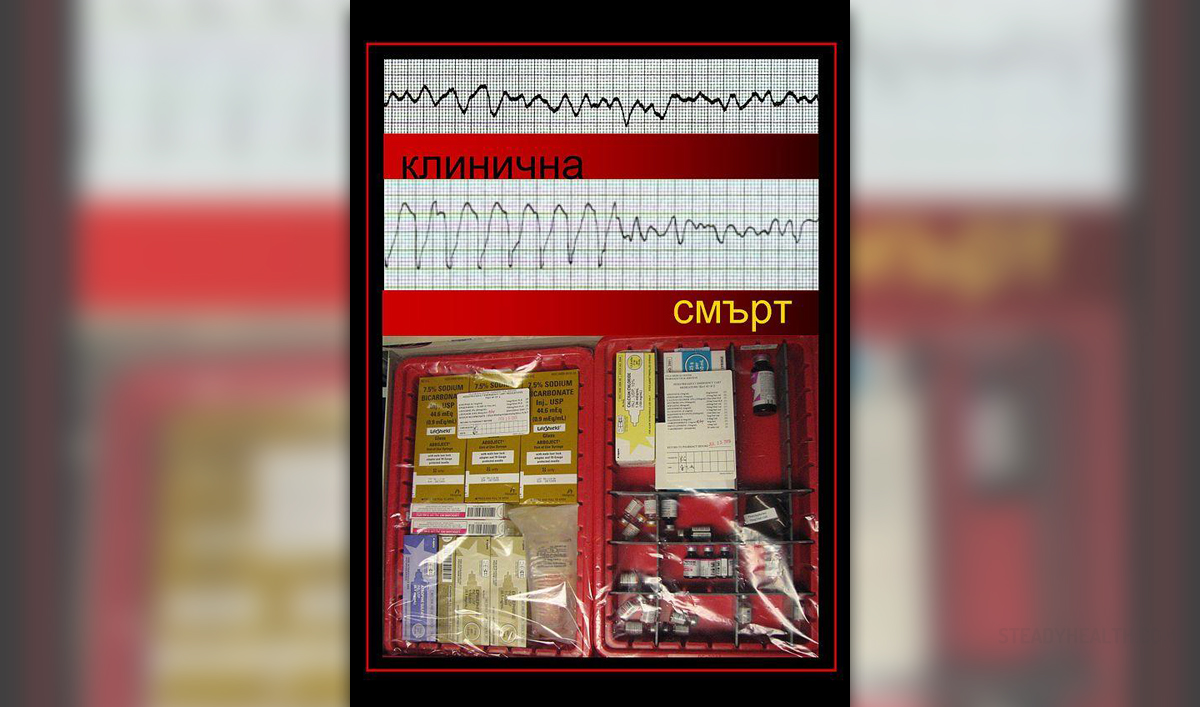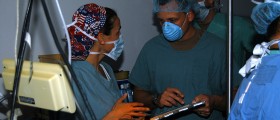
Introduction
Mandatory clinical audit was introduced in the 1990 by theNHS act and The White Paper Working for Patients. It actually evolved from themedical audit during 1993 and it was a logical step forward because it was amulti-disciplinary approach to auditing. In 1997 its position as an essentialelement of professional practice in the Health Service was firmly reinforced.In 1998 it was confirmed that all doctors who work in the hospitals definitelyneed to participate in different types of audit programs. It was also stronglyadvised that all doctors who work in hospitals need to record all their datahonestly in order to take part in systematic and regular clinical and medicalaudits. In recent years, the importance of audits was outlined on local andnational levels and the role of its improvement in patient care was underlined.
What is Clinical Audit?
There are a large number of people who actually do not knowwhat clinical audit is. An accepteddefinition of clinical audit is that it is actually a process in which thequality of patient care gets improved because the changes and explicit criteriaget implemented. Outcomes, process and the structure of care are systematicallyevaluated and selected against very specific and explicit criteria. The processitself is referred to as the audit cycle and it involves choosing a topic,reviewing current standards, collecting data on current practice, using data tomake comparisons with current standards, implementing changes so thatimprovements can be made, and re-auditing to make sure that the actual practicegot improved. Since clinical audit is process in which the quality gets improvedit is efficient in providing certain benefits. Clinical audit is efficient inreducing claims, complaints and incidents, minimizing error and harm topatients, developing local protocols and guidelines, understanding theexpectations of patients, listening to their wishes, providing assurance, meetingevidence based best practice, developing openness to changes and improving theoverall practice. Clinical audit was designed by the Clinical effectiveness andevaluation department so that it could be of great help in providing supportand advice on audits, finding guidelines and standards, developing patientquestionnaires, providing a note pulling service, analyzing the data, producingbetter reports and presentations and working in conjunction with auditparticipants so that action plans could be produced. It is important forresearches to always seek new knowledge and look for the best practicepossible.

















Your thoughts on this
Loading...